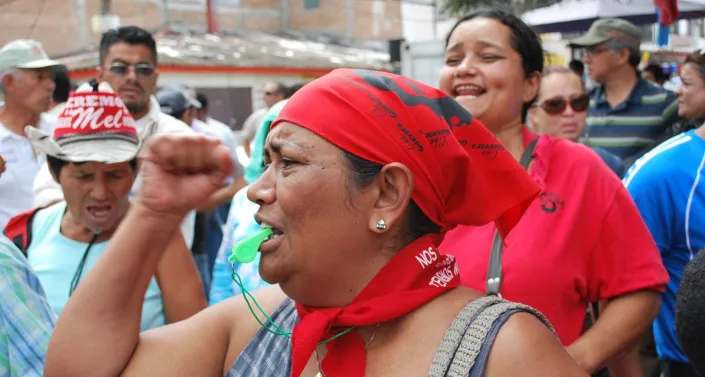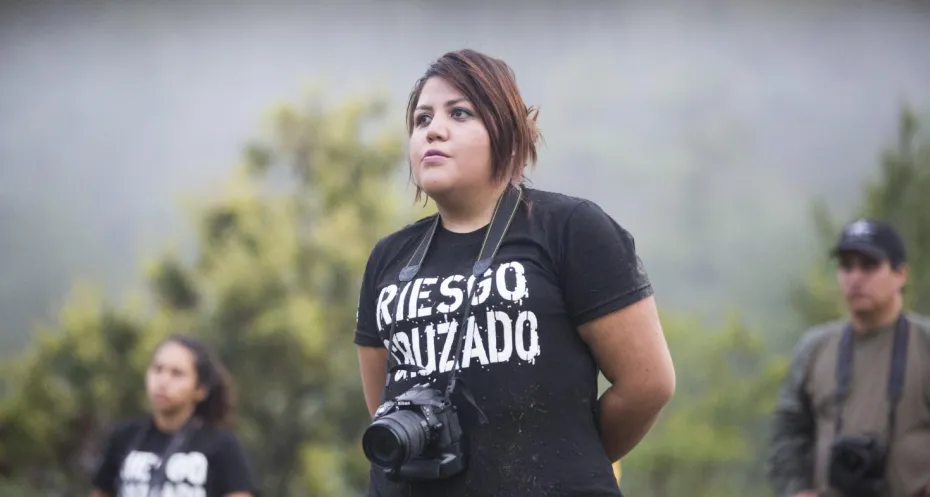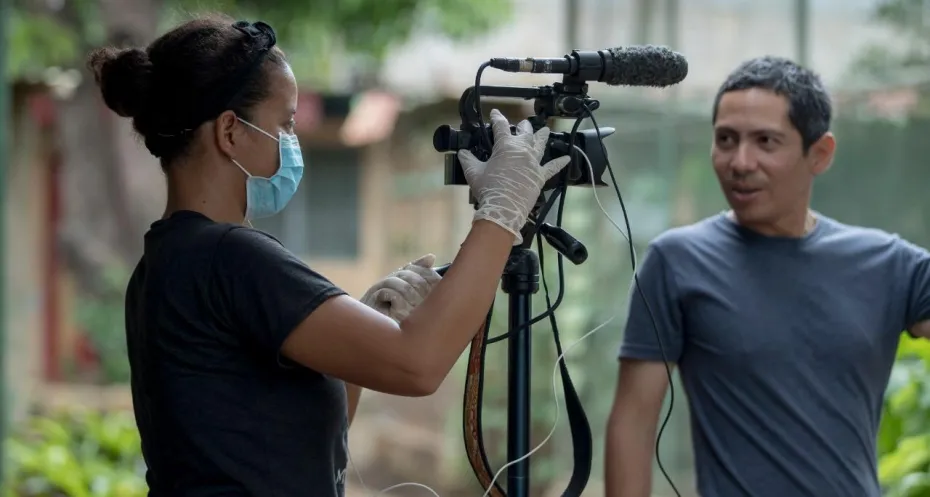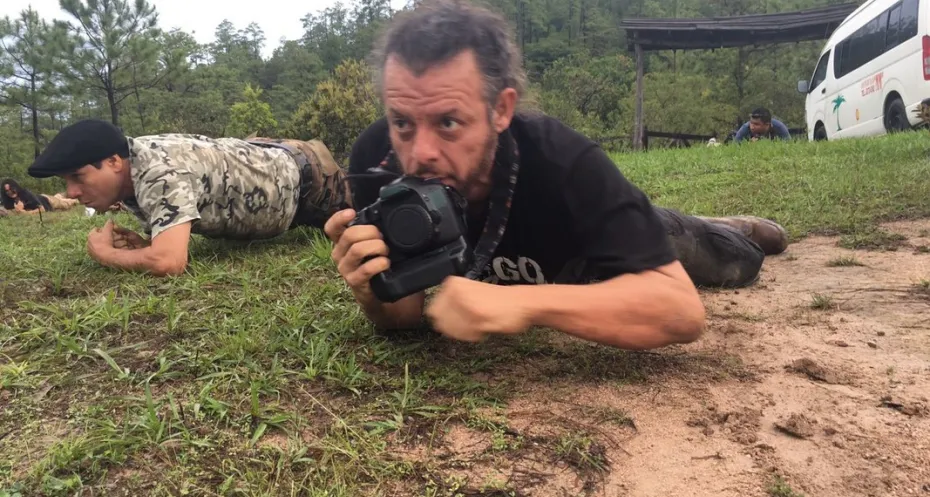
Honduras
Honduras has been suffering from gang violence, unemployment, general lack of opportunity and climate-related disasters, pushing thousands of Hondurans to flee towards the United States as they see no viable future in their country. As for media, coverage of sensitive topics such as criminality and governance, subjects journalists to threats from security forces and armed groups. The hostile media climate impacts the country’s position in the RSF Press Freedom Index, Honduras ranks 146 out of 180 countries.
Despite the hope that Honduras had for the new President, Xiomara Casto, her Government quickly dismantled the Mechanism for the Protection of Journalists, cutting funds and staff. On the other hand, the Special Prosecutor's Office for the Protection of Human Rights Defenders, Journalists, Social Communicators and Justice Operators (FEPRODDHH) barely has five prosecutors at the national level.
State of press freedom
Honduras is one of Latin America’s most dangerous countries for journalists. Media outlets and free flow of information has been increasingly controlled and the government implemented a range of initiatives to silence the most outspoken journalists during the Hernandez’ administration. With the arrival of new president Xiomara Castro in 2022, expectations were high but threats to journalists were maintained. The main challenge of impunity for crimes against journalists is ongoing. In addtion, journalists are under threat by legal framework tied to defamation laws and “crimes against honor” which can be filed by governmental actors.
President Castro campaigned on a promise to work for independent and impartial justice. The justice system’s weak response to corruption, a structural problem in Honduras, and a series of laws hindering prosecutors’ capacity to investigate have enabled impunity for corrupt acts that contribute to human rights violations. One of the changes in that regard is the law passed in february 2022 awarding amnesty for people charged, on “political grounds,” for protesting or defending rights, including to land, as well as for former public officials during the administration of Manuel Zelaya (2006-June 2009), President Castro’s husband. While human rights organizations applauded the amnesty for defenders and protesters, anti-corruption organizations warned that the vague wording—amnesty for authorities charged or convicted for “actions related to the exercise of their public function”—could be used to protect corrupt former officials.
Journalists are targets
Journalists working for opposition media or community media are often the target of death threats or violence or are forced to flee abroad. They are also often the targets of offensive judicial proceedings. Prison sentences for defamation are common, sometimes accompanied by bans on working as a journalist after release. Almost all of these crimes against journalists go unpunished and much media work is carried out in self-censorship, repression and fear. Despite all of this, journalists still continue to report the news.
Our work in Honduras
With Riesgo Cruzado, a programme of partner Fundación Latitudes based in El Salvador, Free Press Unlimited supports the safety of journalists and media professionals through holistic safety courses. Journalists from Central America, including Honduras, learn how to apply different safety mechanisms, are assisted in personal risk assessment and receive psychosocial and legal support. The programme aspires to promote an enabling environment for journalists through advocacy and cooperation with local authorities and duty-bearers. This combination of training and collaboration creates a group of well-trained journalists more resilient to the dangers of reporting and investigating in Central America.
Free Press Unlimited also supports regional journalistic investigations through production funds involving small to medium media outlets, and journalists working in Honduran communities.



